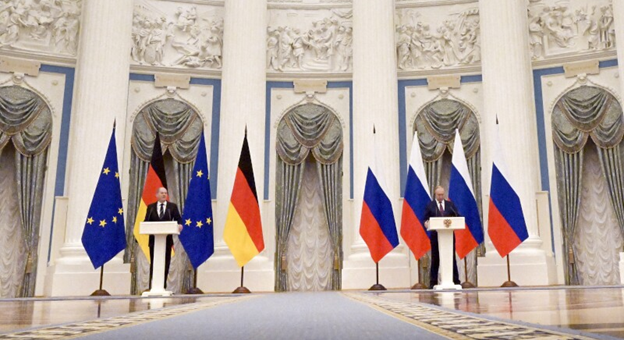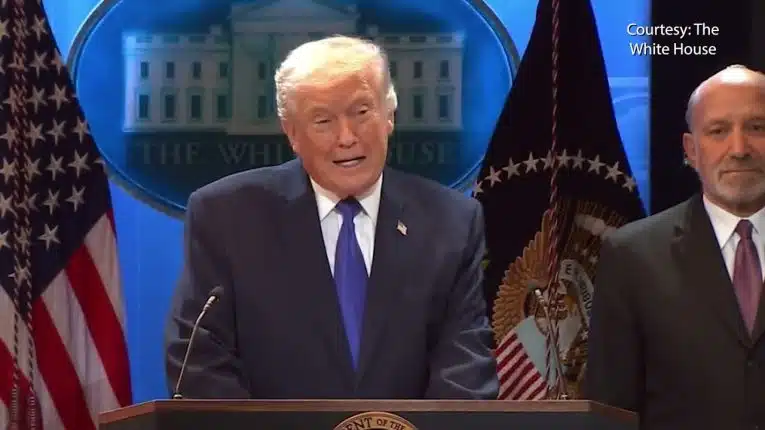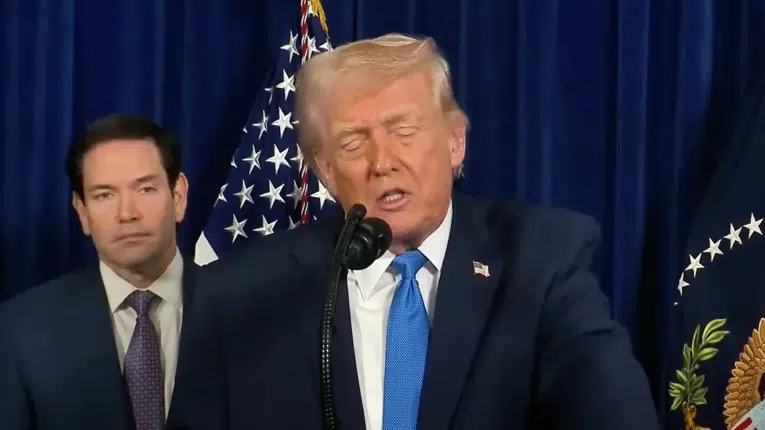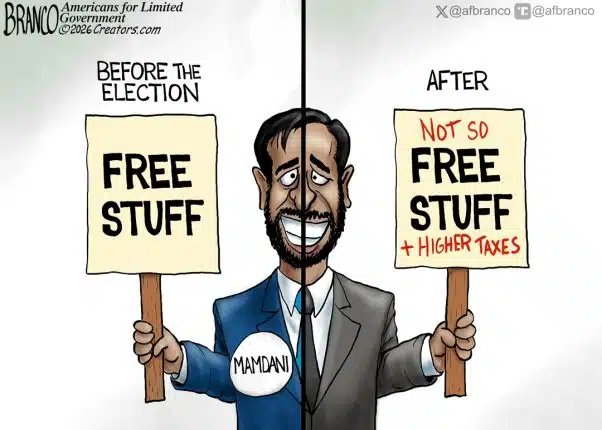
Germany will continue to import oil, coal and natural gas from Russia as German Chancellor Olaf Scholz rejected calls for a Europe-wide embargo on Russian oil and gas, exposing some of the limits to the West’s response to Russia’s invasion of Ukraine.
“At the moment, Europe’s supply of energy for heat generation, mobility, power supply and industry cannot be secured in any other way [except to import from Russia]. It is therefore of essential importance for the provision of public services and the daily lives of our citizens,” Scholz said on March 7.
That’s actually all accurate, calls from Ukrainian President Volodymyr Zelensky to “boycott of Russian exports, in particular, the rejection of oil and oil products from Russia” notwithstanding. Germany gets 55 percent of its natural gas and 35 percent of its oil and about half its coal from Russia.
The consequences of an embargo for Germany might therefore resemble what happened in Texas with the 2021 ice storm. Last year, 246 Texans died when power could not be restored in Feb. 2021 after half of the state’s electricity generators went offline amid surging demand, forcing Electric Reliability Council of Texas (ERCOT) to engage rolling blackouts across the state to save the electricity grid, and leaving more than 4.5 million homes and businesses without power and heat for days.
The problem with an embargo, from Germany’s perspective, is that it would not last for days, it would last months or even years while the war continues with no offsets in sight.
Even without an embargo, Title Transfer Facility (TTF) natural gas prices in the Netherlands are already up to $41.06 per 1,000 cubic feet as Russia’s invasion wears on, compared to $4.80 per 1,000 cubic feet for U.S.-produced natural gas here. Prices would be even higher in Europe with the embargo.
That is not mere economic pain, it would be deadly as millions could lose the ability to heat their homes, and not just in Germany, but across the entire continent. It might hurt Europe more than it hurts Russia, which has enough oil, coal and gas for itself, even as higher oil and gas prices will absolutely fuel Russia’s ability to wage war — and the embargo might not save Ukraine.
In the meantime, the U.S. is flirting with its own embargo against Russia, symbolic as it is. The U.S. imports about 405,000 barrels a day of oil from Russia, a little more than 2 percent of U.S. consumption, and legislation in Congress would ban it. We’d barely notice it because U.S. producers could easily offset that.
Still, Russian Deputy Prime Minister Alexander Novak hours after Scholz spoke promised to escalate, threatening an embargo on gas to Europe should Western countries enact oil embargoes. Novak warned a “rejection of Russian oil would lead to catastrophic consequences for the global market… We have every right to take a matching decision and impose an embargo on gas pumping through the [existing] Nord Stream 1 gas pipeline.”
Update, March 8, 2022, 10:24 a.m.: And now, President Joe Biden has decided to embargo Russian oil imports, according to the Associated Press’ Zeke Miller, Mike Balsamo and Josh Boak: “President Joe Biden has decided to ban Russian oil imports, toughening the toll on Russia’s economy in retaliation for its invasion of Ukraine, according to a person familiar with the matter… The White House said Biden would announce ‘actions to continue to hold Russia accountable for its unprovoked and unjustified war on Ukraine.’ The U.S. will be acting alone, but in close consultation with European allies, who are more dependent on Russian energy supplies.”
So, what to do?
The U.S. could produce more, particularly natural gas, while Saudi Arabia and OPEC could deal with the oil.
In 2020, the U.S. produced about 36.2 trillion cubic feet of natural gas in 2020, and consumed about 30.5 trillion cubic feet and exported 5.3 trillion cubic feet, according to the U.S. Energy Information Administration (EIA). Of those exports, about 793 billion went to Europe. In 2021, the number was about the same at 776 billion, according to the European Commission.
In order to offset Russia — in 2020, the European Union imported 9.1 trillion cubic feet of natural gas, according to Eurostat, and about 41 percent Europe’s imports come from Russia, or about 3.73 trillion cubic feet a year, plus 1.9 trillion cubic feet a year that would have come from Nordstream 2 — it would have to more than double exports by about 5.6 trillion cubic feet to 41.8 trillion cubic feet in order to completely offset Russia, a 15 percent increase.
But we’re not doing that. President Joe Biden has not even announced anything about tapping into America’s vast resources to support Europe. Oh sure, we’ll keep shipping, but increase production? Transportation Secretary Pete Buttigieg on March 2 said the current high prices and Europe’s supply problem related to the war were a “short term problem” that didn’t require a “permanent solution”. Tell that to the Germans or the rest of Europe.
It’s easy for us to call for an embargo on oil and gas we don’t use here, and a lot harder for Germany and Europe to accomplish it.
Particularly, since there is zero intention for the U.S. from the current administration to fully offset Russia as a European energy supplier. That might help, but President Biden is not even willing to sacrifice his precious Green New Deal or his ESG malinvestment into green energy to challenge Russia’s energy stranglehold on Europe, so, why would anyone expect Germany to commit economic suicide in the same endeavor?
Robert Romano is the Vice President of Public Policy at Americans for Limited Government Foundation.






